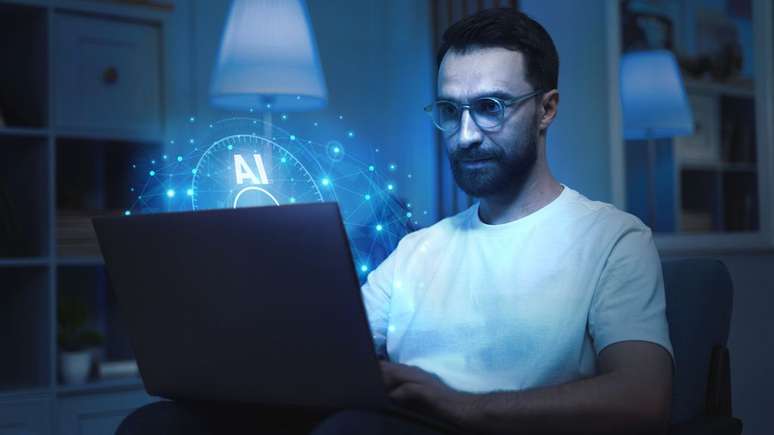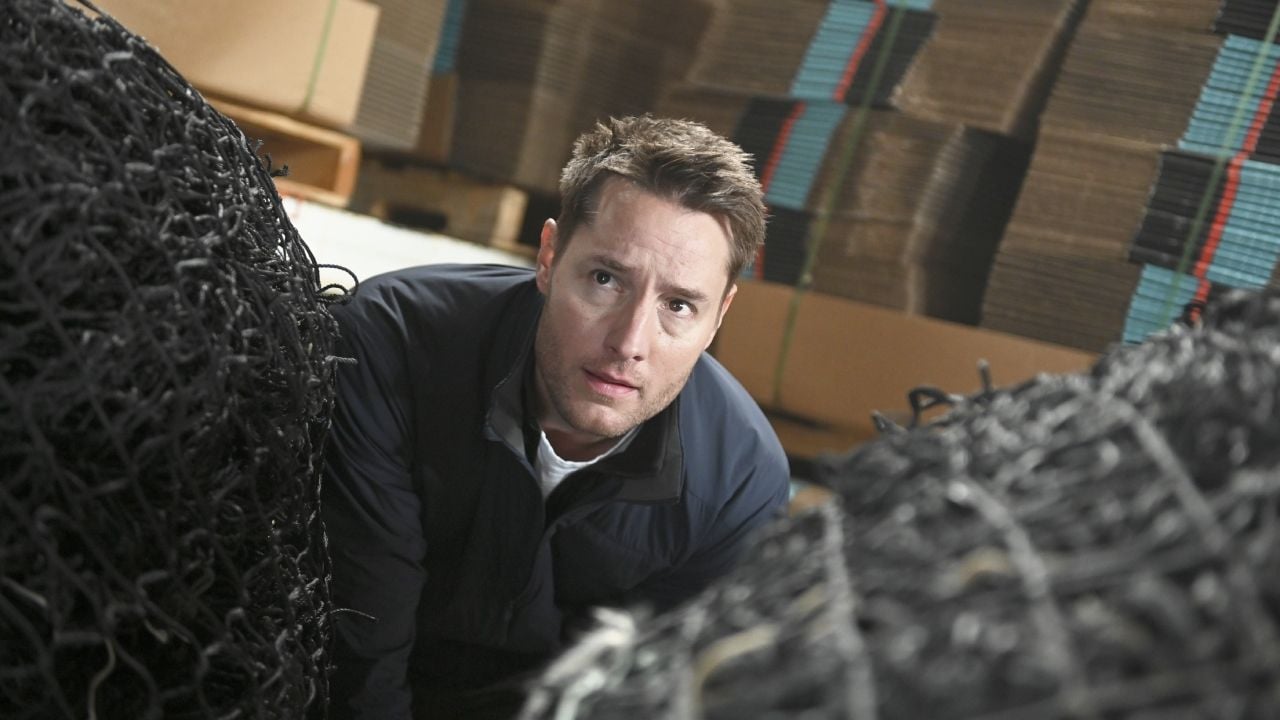Discover the history of Marco Civile from the Internet, what are the rights, principles and guarantees that the Law defends and what are the current discussions on improvements
The Marco Civil da Internet, the name by which Law 12.965/2014 is known, establishes principles, guarantees and duties for the use of the Internet in Brazil. The law was enacted on 23 April 2014 and establishes guidelines for the protection of user rights, guaranteeing freedom of expression and defining the responsibilities of the various agents who work on the network. This Tuesday (23), the document celebrates 10 years of validity and the Canaltech prepared a special on what it means and how it can still improve.
- The LGPD turns 5 years old; Are we safer with the new rules?
- 10 years of the Anti-Corruption Law: what to expect in the coming years?
How Marco Civile was born from the Internet
Marco Civil’s idea was born from an article by professor and researcher Ronaldo Lemos, published on May 22, 2007, which expressed the need to create a regulatory framework with clear rules and responsibilities regarding the use of the Internet before a definition of criminal laws.
“At that time, the idea that existed was the creation of a criminal law for the Internet, which had the potential to make various uses of the Internet illegal. It was at that time that the idea emerged that the first Internet law in the country there should be a civil law, which protects rights such as freedom of expression, privacy, national sovereignty, etc.,” says Lemos in a conversation with the Canaltech.
The Marco Civil da Internet was prepared following a public discussion and consultation process involving different sectors of Brazilian society – including academics, activists, technologycivil society organizations and government representatives.
“Our idea was to write the Marco Civil in an open and participatory way through a broad public consultation carried out online and also in live meetings throughout Brazil. In 2009 we launched the Marco Civil public consultation, to discuss what society Brazilian wanted by the internet We then prepared the text of the law based on the contributions and put it back out for consultation. This whole process took 2 years”, explains the professor.
A bill was presented to the National Congress in 2011, but no immediate progress was made. After some modifications and adjustments, the final text of the Marco Civil was approved by Congress and sanctioned by then President Dilma Rousseff on April 23, 2014.

What the Internet Civil Rights Framework says
The Marco Civil da Internet was one of the first pieces of legislation in the world to comprehensively address the rights and responsibilities of users, providers and companies operating on the Internet. The matters covered by the law include:
Net neutrality
It establishes that Internet access providers must treat all data equally, without discrimination as to content, origin, destination or service.
User privacy
Determines your privacy and data protection rights by requiring explicit consent for the collection, use, storage and processing of personal information.
Freedom of expression
It protects freedom of expression online, except in cases of violation of rights or illegal content, which may be subject to removal by court decision.
Supplier responsibility
Defines the responsibilities and limitations of Internet service providers regarding content generated by third parties, preserving freedom of expression, but requiring the removal of content deemed illegal by court order.
Social function of the Internet
It defines that the Internet should be used to promote economic, cultural and social development, as well as ensuring digital inclusion and respect for fundamental rights.

“The Marco Civil functions as a Constitution for the internet in the country, balancing legitimate rights such as freedom of expression, security and crime prevention. By guaranteeing net neutrality, it has allowed the rapid arrival in Brazil of streaming videos, such as Netflix, multiplayer games and others. Furthermore, it has supported the entire innovation ecosystem in the country, including digital services and also the fight against digital crime. He still holds this role today,” says Ronaldo Lemos.
What can improve
For digital law, privacy and data protection lawyer Antonielle Freitas, the civil rights framework for the Internet has brought significant progress in democratizing access to information and protecting user privacy and data, but there are still challenges to overcome.
“One of the key challenges is the need to improve the effectiveness of measures to hold application providers accountable for content generated by third parties,” says the expert. “The interpretation and application of Article 19 of the MCI still generates debates and disagreements, especially regarding the definition of what an application provider is and the limits of its liability,” he continues.
For Freitas, constant updating of the laws is also necessary to keep up with technological evolution and the complexity of online platforms. “Reviewing and updating the civil rights framework for the Internet, considering the new realities and challenges of the digital world, can be an important step in this direction,” he explains.

For lawyer Matheus Puppe, partner of the TMT, Privacy & Data Protection area of Maneira Advogados, despite the progress of MCI, the digital scenario has evolved a lot in a decade and there are issues that the law is not able to address .
“Although the Civil Code was a pioneer in data protection, the subsequent General Data Protection Law (LGPD) brought a more detailed framework on the matter,” he comments. “However, the interaction between these two laws can still be improved, especially regarding the effective enforcement and monitoring of data subjects’ rights and obligations of entities handling personal data,” she continues.
The lawyer also suggests the need for a more comprehensive digital law code or book that can “deal with the complexity and multi-faceted nature of the modern digital environment”, including guidelines for new technologies such as artificial intelligence, big data and the Internet of Things (IoT).
Marco Civil as inspiration
However, for Ronaldo Lemos, the Marco Civil from the Internet does not need revision. “It still represents the essential balance between the various principles that concern the Internet”, states the creator of the law. “The legislative proposals that modify the Civil Mark and are under discussion today present inferior solutions to the text of the Civil Mark, some potentially capable of causing worrying imbalances”, he continues.
According to the professor, other laws on the internet and technology can coexist with the Civil Code and be inspired by its drafting process. This also applies to the need to regulate intelligence: Lemos reveals the launch of a public consultation called “What do we want from artificial intelligence?” along the same lines as the consultation that generated the Marco Civile from the Internet. “The idea is to repeat the company’s contribution made in the Marco Civile trial, only now for AI,” concludes Lemos.
Trends on Canaltech:
- Google highlights the fight against climate change on Earth Day
- Deadpool and Wolverine | 7 Easter eggs and references from the new Marvel trailer
- A meteor is seen in the SC sky traveling at more than 70,000 mph
- The 20 best horror films of the new generation
- The probe spots a glass-smooth lava lake on Jupiter’s moon
- The 50 funniest Google Assistant jokes
Source: Terra
Rose James is a Gossipify movie and series reviewer known for her in-depth analysis and unique perspective on the latest releases. With a background in film studies, she provides engaging and informative reviews, and keeps readers up to date with industry trends and emerging talents.







